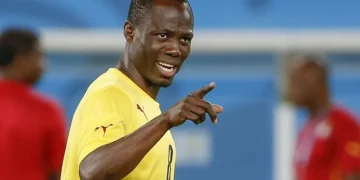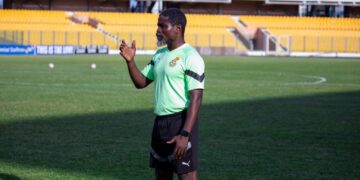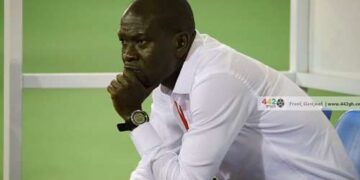Resilient young girls in rehabilitation centres and safe houses seek a chance at a brighter future. After healing from the scars of their past, the next challenge is access to education and skills training for independence and a life free from exploitation.
Many express a longing to return to school or learn a trade, as education represents hope for a life beyond their traumatic pasts.

Sarah, [not her real name] a 19-year-old survivor, shared a very sad story of resilience and hope of how she had to sleep with 15 men daily just to raise money for herself and her madam for some years until she was rescued by an immigration officer and sent to a shelter home.
“I dream of becoming a nurse,” she said with a determined sparkle in her eyes. “But without proper education, I fear this dream will remain just that—a dream.”
Like Sarah, countless other girls yearn for the opportunity to pursue their ambitions. Yet, the obstacles they face are formidable. Financial constraints, lack of resources, and gaps in educational programmes tailored to their needs stand as formidable barriers on their path to progress.
Non-governmental organizations (NGOs) and institutions like Expertise France, a French public agency with funding from the European Union dedicated to supporting survivors of trafficking highlight the urgent need for tailored educational and skills development programmes.

“These girls have immense potential,” remarked Maria Lopez, Director of Hope Haven, a local NGO. “But without the right support systems in place, their aspirations remain out of reach.”
In response to these pleas for help, advocates are calling for increased collaboration between government agencies, NGOs, and educational institutions. They emphasize the importance of holistic approaches that provide education and include vocational training and psychological support.
A.S.I Justice Kudzo Normeshie, an acting Officer-In-Charge Anti-Human Smuggling and Trafficking in Person Unit, GIS Aflao, who led the rescue of the trafficked girls noted that lack of funding has been a problem in handling issues regarding the rescue of the victims.
At the shelter home in Aflao, the director of the home, Godwin Aliu Issah has been speaking about life at the home for the girls and other children.
As these stories of hope and determination emerge, the call for action grows louder. Advocates urge policymakers and communities to listen to the voices of these girls, whose dreams are as valid and precious as those of other children.
“We cannot let these girls be defined by their past,” emphasized Lopez. “They deserve a chance to write their future.”
In their hardships, the resilience of these young survivors shines brightly. Their plea for education and skills training is not just a request for knowledge—it is a declaration of their unwavering spirit and determination to reclaim their lives.
As the world listens to their stories, may it also heed their call for support, ensuring that every rescued, abused, and trafficked girl has the opportunity to pursue her dreams, one hopeful step at a time.
There is more in a series of stories on child trafficking and labour.
SOURCE: JOYONLINE














